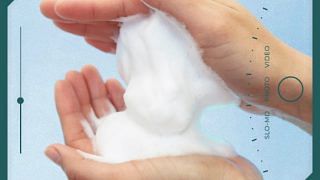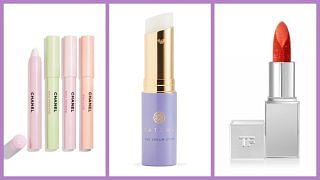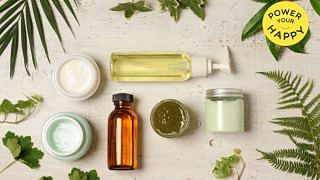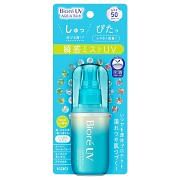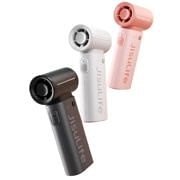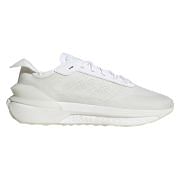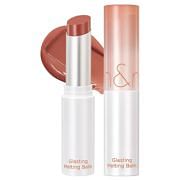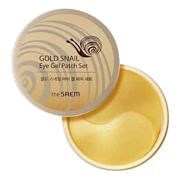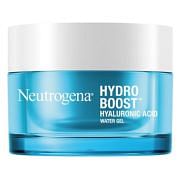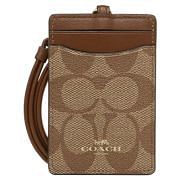Credit: 123rf
What exactly are chemical peels?
To put it simply, it is a treatment that uses a chemical solution to remove a layer of skin in a controlled manner. Now, how much skin cells are removed or how deep the peel penetrates depends on the intensity of the chemical agents. A more superficial exfoliation will get rid of dead skin cells, while a more intensive one can even remove an entire layer of skin.
What is considered a peeling skincare product?
According to Dr Tan Siak Khim, medical director at IDS Clinic, it would be one that causes “peeling or exfoliation of the outer layer of skin”, either by physical means, like facial scrubs, or topical products containing ingredients like acids.
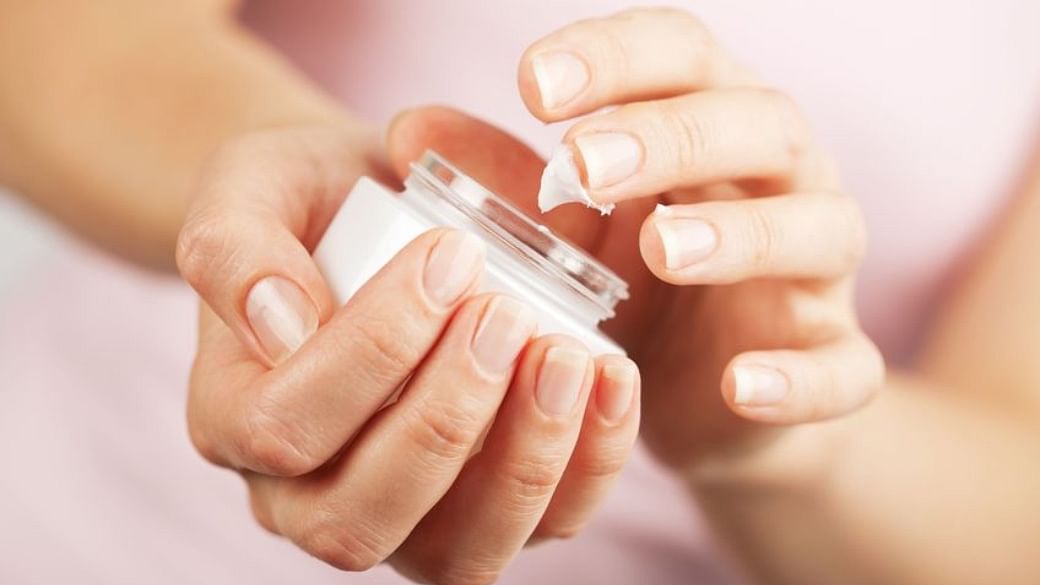
Can toners, masks and serums be considered peels?
Although they might not strictly be called peels, in certain cases, such skincare products contain an additional exfoliating effect or contain peeling agents like salicylic or glycolic acid.
What are some popular peeling ingredients?
Salicylic acid, glycolic acid, lactic acid and mandelic acid are all quite common, Dr Tan Siak Khim shares.These compounds work by reacting with the upper layer of the skin to efficiently dissolve the bonds that bind surface cells to the skin, resulting in shedding of the ‘loosened’ skin. Another group of peeling agents are enzymes such as papain (pineapple), and peptides which work in a similar way.
How often should peels be used?
This depends on the strength of the peel, says Dr Melvin Tan, medical director of Epion Clinic. “I ask my patients to use our in-house exfoliating skincare products such as our Renew (AHA) or Refine (BHA) serums daily or every other day depending on their requirements. For deeper in-clinic peels, up to two to three times a year is sufficient.”
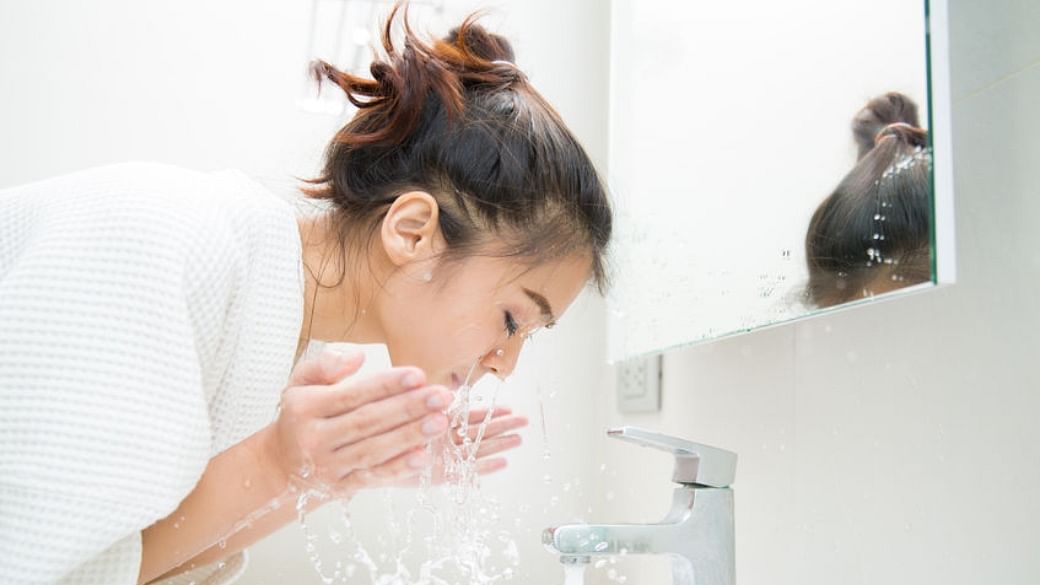
Generally, in which step in the skincare regime should peels be used?
“After cleansing and toner,” explains Dr Melvin Tan. “The exfoliation effect encourages the subsequent serums penetrate deeper and more effectively.”
How can you tell your peel is “working” or effective?
Your complexion’s tone and texture should improve immediately. Your skin should feel softer and smoother, while your face will appear more radiant and clear.
Who should consider using peels?
Peels are particularly effective in treating oily skin, enlarged pores, blemishes and hyperpigmentation. They’re also great if your complexion is dull or rough.
Who should not use peels?
Anyone with sensitive or easily irritated complexions. If you have skin conditions like eczema or rosacea, you should probably also give peels a miss.



